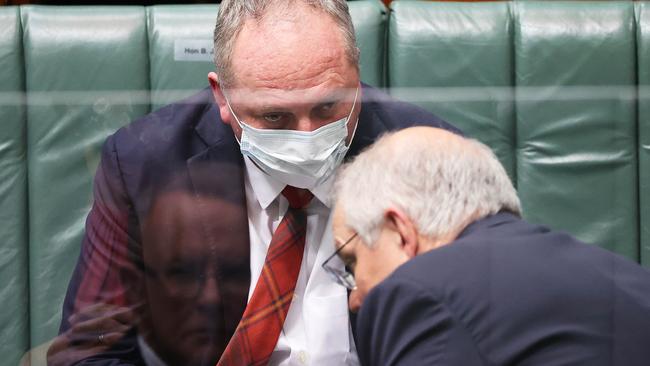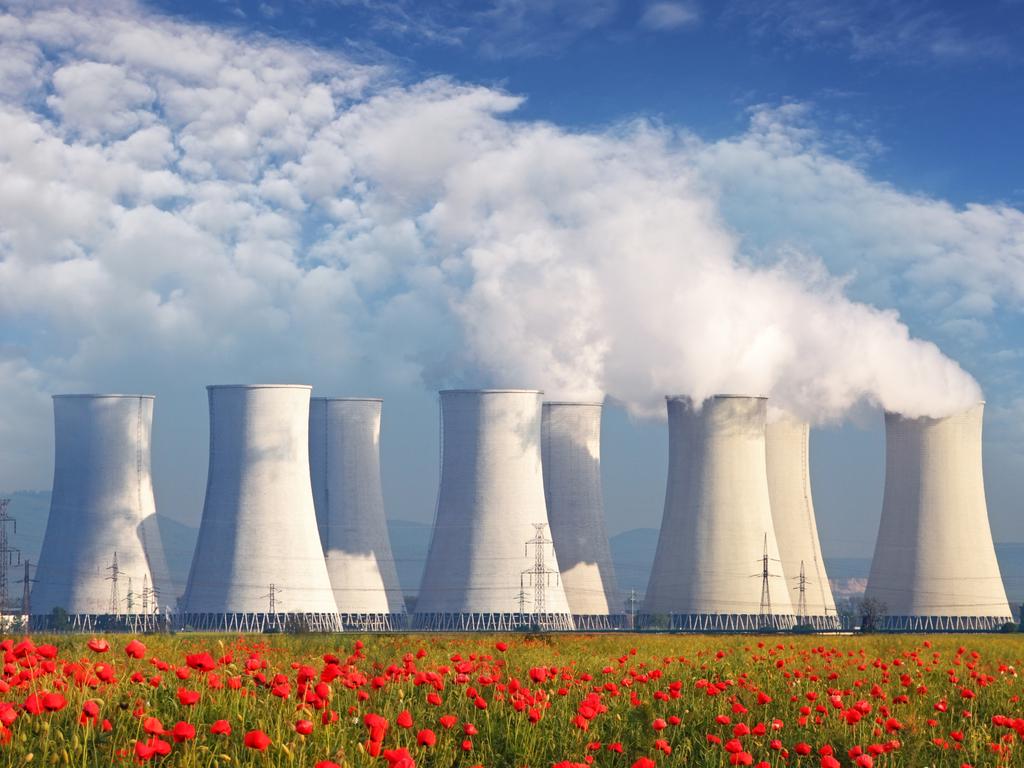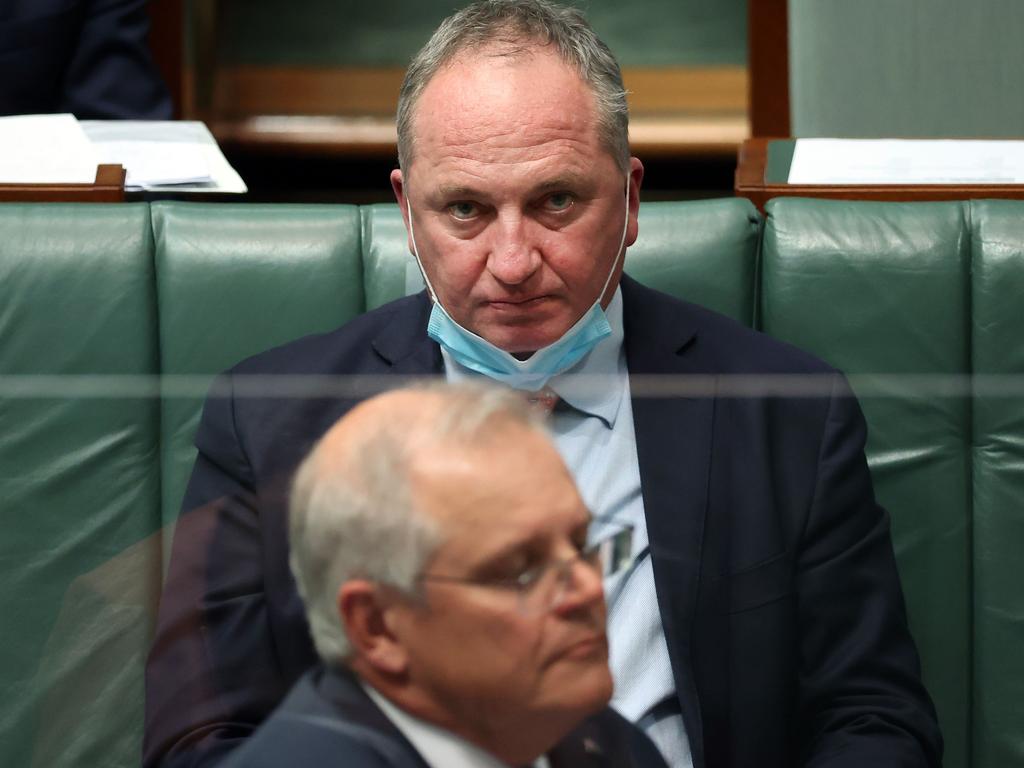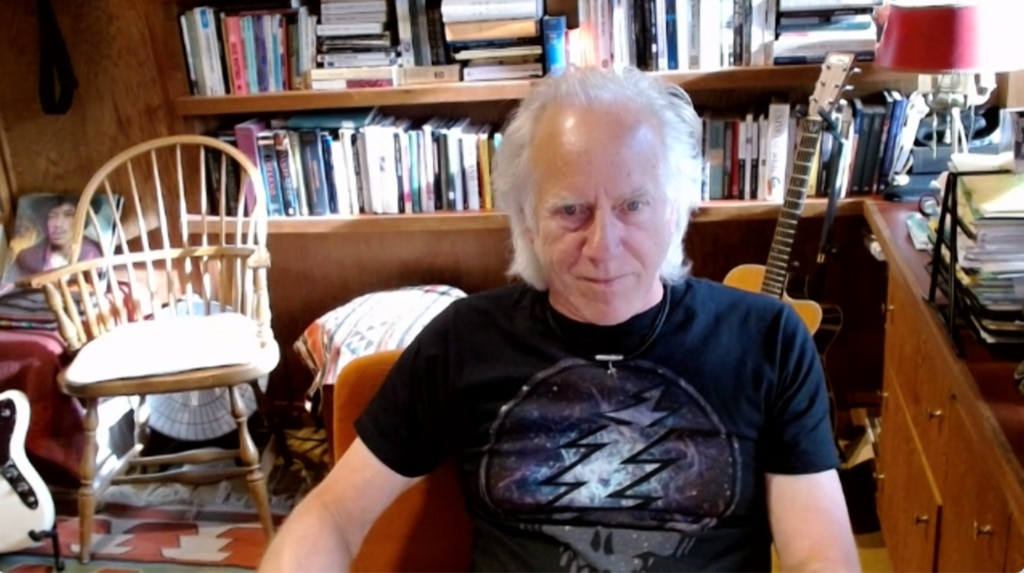Coalition, ALP jockey for a point of electoral difference
The political impact of pandemic, climate change and the economy is anyone’s guess.

No one knows when the election will be despite Anthony Albanese’s predictions of December 11 this year and March 5 next year. So far all Scott Morrison knows is it must be held by May 21 next year. No one knows if there will be a budget before the election because Josh Frydenberg will have to bring it forward from the scheduled May timetable and hasn’t decided yet.
No one knows what the real political impact will be of the Prime Minister taking a Coalition commitment to net-zero emissions by 2050 to the Glasgow climate change conference.
No one knows the real path to learning to live with Covid-19 and what changes of direction there could be in Australia or overseas.
No one knows how the Australian or global economies will fare in the months ahead under continuing pressure from coronavirus infections, job losses, travel and transport disruption, energy shortages and international tensions. And no one really knows what the dominant election themes will be next year.
Anyone claiming otherwise hasn’t grasped the once-in-a-century impact of a pandemic on politics and the public mind, confronted with fear and anxiety and being offered a new hope.
But what is certain is what has happened so far with the pandemic, what is happening within the Nationals over net-zero carbon emissions by 2050, what forecasts have been made and how the economy is performing.
The last point is the most important because economic recovery is the golden thread that runs through job creation and protection, business investment, family security, national security, climate change policies and consumer confidence.
It is the economy that is at the heart of the Nationals’ concerns about the progressive-driven agenda on climate change that demands bigger targets for carbon emissions reductions, an end to coal exports, restrictions on gas production, new burdens on beef producers, land control and higher power prices.
As Morrison has prepared for the Glasgow conference and the deadline for Australia to submit its revised climate change targets to the UN, Barnaby Joyce and the Nationals have opposed a net-zero commitment and adopted the role of protectors of rural and regional Australia. The Nationals leader told parliament they will “protect your jobs” and Labor can’t be trusted to do so.
Agriculture Minister David Littleproud says the Nationals are “the last line of defence for rural and regional Australia”. “The people in metropolitan areas need to understand the links between rural producers and their own lives so that they can be fed and watered,” he says. “It’s not just the people in rural Australia who will pay a price if agricultural production of sustainable food and fibre is impinged upon; the people in the cities pay a price too.”
Former resources minister and Queensland senator Matt Canavan, who played a key role in delivering former ALP-voting blue-collar workers to the Coalition at the 2019 election, says: “No one else is representing these people and everything we decide should consider how it affects them.”
Labor rejects the Nationals’ claims. The Opposition Leader argues that embracing new technologies will provide new jobs for rural and regional Australia.
The expected Coalition commitment to net-zero is a particular threat to Nationals constituencies of lower-paid workers and agricultural and resources industries that sustain the economy. It is here that Morrison and Joyce aim to give regional MPs the assurance there will be no increased target for 2030 emissions beyond the agreed Paris commitment of cuts between 26 to 28 per cent and no legislated 2050 target.
Apart from ensuring the rural sector can see some compromise on climate change targets and no concession to naive calls from inner-city Liberal MPs to lift 2030 targets, the aim is to overturn decades of climate change politics and wedge Labor.
Albanese has a policy of committing to 2050 net-zero targets and legislating those targets, but so far, apart from saying the Coalition’s 2030 cuts are not enough, he has refused to announce any ALP interim target or legislating the 2030 commitment.
Labor argues the Nationals are the “tail wagging the Coalition dog” and Joyce is making policy while Morrison is “outside the room” – part of a campaign saying the Coalition is directed by climate change deniers and not serious about addressing climate.
But this is where the economy and climate change and opposing policies coincide, and project a climate change election battle that varies from country to city, Queensland to Victoria and rural Longman to suburban Higgins.
The Nationals will campaign on the ground with different emphasis to the Liberals, as the Coalition targets Labor regional seats, such as the Hunter in NSW, with economic arguments while pointing to the 2050 commitment in Melbourne and Sydney.
Although the Coalition agreement on net-zero emissions has been messy, it helps Nationals to be seen to be standing up for rural workers and miners, and throws a challenge to Albanese.
Labor is committed to declaring an interim target for 2030 – the choice is simply to adopt the Coalition target, which it says it will meet and beat – and to concentrate on 2050 appealing to Liberals concerned about a lack of legislation of targets and the need to lift ambitions. But such a step neutralises Labor’s short-term claim the change is an advantage, and the prospect of legislating less than eight years from the target deadline means a definite path of action is needed, may have to be tightened and can be costed.
If short and long-term targets and commitments are the same and the Coalition can demonstrate it can meet targets and protect jobs, Labor doesn’t have an advantage and has to rely on negative reaction to Morrison from the Liberal conservative base.
For Morrison, neutralising climate change as an issue for the Coalition as it goes into an election is a victory. Just as same-sex marriage undercut the Coalition and divided its supporters, climate change needs to be dealt with to allow other issues to be debated.
Peter Dutton, the conservative senior Queensland Liberal who solved the same-sex issue for Malcolm Turnbull, can see the need for the net-zero target to be dealt with and acknowledges the economic heart of the Nationals’ argument and their right to put it.
“If you’re turning up to work in a fluoro vest today in a mining town in central Queensland, you want to know that the federal government and the state government is supporting you, not closing you down,” he says. “We’re not proposing for you and I who live in a capital city that there is going to be any change to our life.
“People living in capital cities might be able to afford an increase in our electricity costs; in regional areas and in lower-income households they can’t.”
This argument for economic growth at times of stress reinforces the other great political issue – the reaction to the pandemic.
Again, Labor has relied on a negative reaction to Morrison’s handling and predictions of failure over vaccinations, lockdowns, welfare support, unemployment and the economy falling off a cliff.
In parliament this week Albanese did not ask one question of Morrison about vaccinations as the nation passed jab milestones, premiers ended border closures and opened for business and tourism, and the national psychology shifted towards the “best Christmas ever”. Early indications are that there will be a surge of spending and job creation as restrictions lift and that the economy will come roaring back and allow the Coalition to point to economic and national security as Australia learns to live with Covid.







Amid the great uncertainties of pandemic politics, Coalition division over a climate change commitment to net-zero carbon emissions by 2050 and speculation about the next election, here are a few certainties: unfortunately, all that we don’t know.